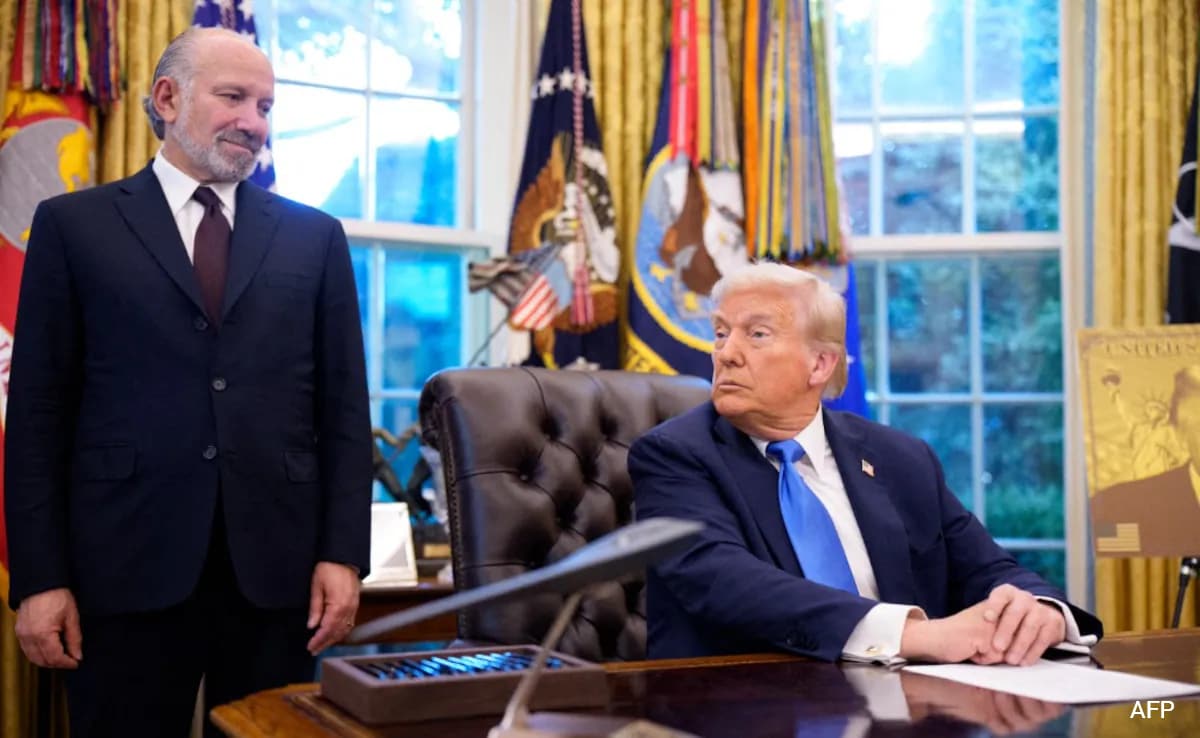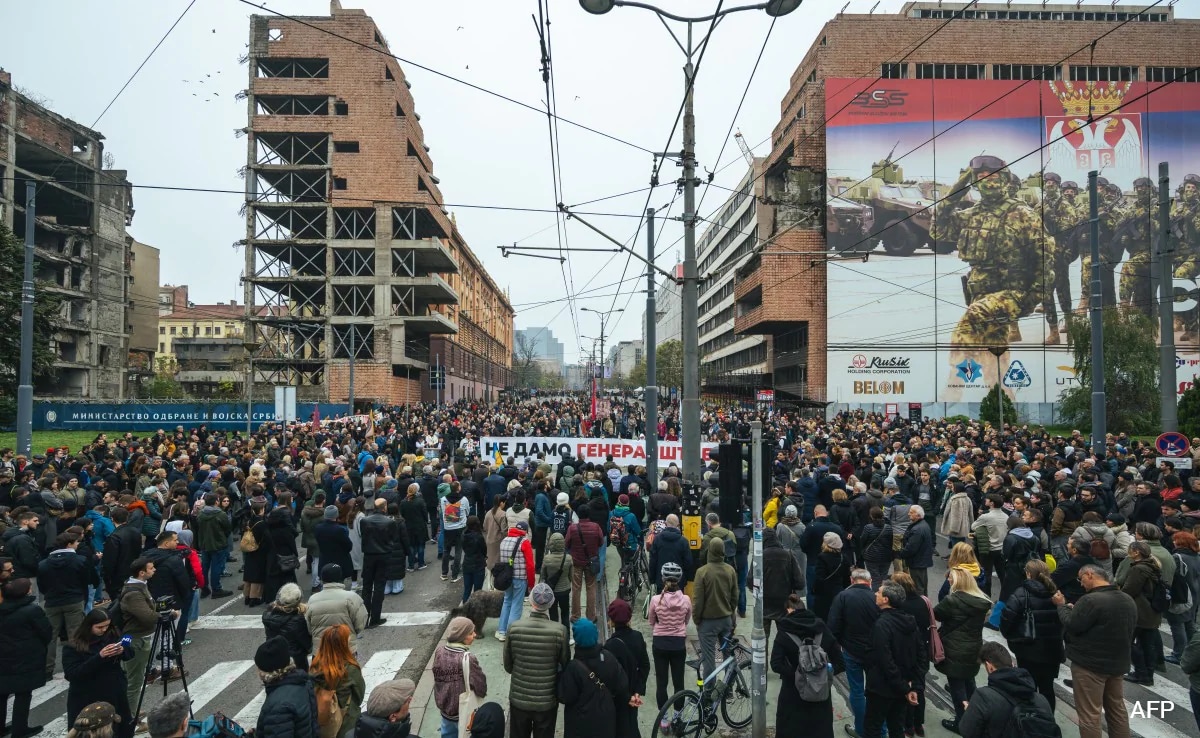Groups and individuals involved in local politics can also be designated âpolitically significant persons,â which would require them to disclose foreign funding sources and subject them to other âcountermeasuresâ to reduce the risk of overseas interference.
Legal experts say the law risks capturing legitimate civil activities undertaken by Singaporeans. The move is the latest in a series of legislation that critics say has reduced space for public debate. In 2019, the government targeted âfake newsâ with another far-reaching law; in a separate incident, a prominent anti-establishment news website went offline in September after its license was suspended.
Officials argue that Singapore, a small and open economy, is especially vulnerable to foreign interference. The country is an important U.S. partner in Southeast Asia but maintains close cultural and economic ties with China. It is currently detaining at least one of its citizens, who had admitted to being a Chinese agent, without trial under a sweeping security law.
Singaporeâs powerful law and home affairs minister K. Shanmugam told lawmakers the Foreign Interference (Countermeasures) Act, or FICA, was needed to address a âserious threatâ to national security, saying the Internet âhas created a powerful new medium for subversion.â He didnât name any countries suspected of engaging in such activities and a spokeswoman for the Home Affairs Ministry said the law is âactor agnostic.â
Shanmugamâs Peopleâs Action Party, which has governed Singapore and continuously won elections by large margins for six decades, stamped its parliamentary supermajority on the interference bill, which passed by 75 votes to 11.
Phil Robertson, deputy director of Human Rights Watchâs Asia division, described FICA as a âhuman rights disasterâ that hands âarbitrary power to the Singaporean government to punish anyone based on vague allegations of involvement with foreigners.â
âUsing this law, the government can easily make its critics run the gantlet of discriminatory restrictions, and shut down viewpoints it doesnât like,â Robertson said in an email. âOnce again, Singapore shows just how little faith it has in its democracy by resorting to political measures better suited to authoritarian regimes that donât trust their people.â
Eugene Tan, a law professor at Singapore Management University, said that FICA is âpotentially the most powerful lawâ because of the extensive range of powers it gives authorities. The law also strictly limits the ability of Singaporeâs judiciary to review challenges to its application.
Shanmugamâs spokeswoman, when asked for comment, referred to the ministerâs parliamentary speech in which he described the notion that FICA could close off foreign research collaborations as âdoomsday scenarios.â
âOur universities would not have acquired such enviable reputations if the Singapore Government were as oppressive and authoritarianâ as the lawâs critics suggest, the ministry said in an October Facebook post.
âThe challenge is to craft balanced legislation that effectively addresses undesirable foreign influence while not curtailing legitimate citizen-led activity,â Harpreet Singh Nehal, a top Singaporean lawyer, wrote in the Straits Times on Sept. 28, adding that several aspects of FICA gave cause for âgrave concern.â
Kirsten Han, an independent journalist and civil liberties activist, is considering her future after the billâs passage. She believes she will be designated as a politically significant person.
In 2018, regulators refused to allow New Naratif, a media platform she co-founded, to register a subsidiary as a company. They pointed to funding that Hanâs publication had received from a nonprofit tied to George Sorosâ Open Society Foundations. Shanmugam has also accused Han, along with several other activists, of soliciting foreign intervention into Singaporeâs domestic affairs after they met Malaysiaâs then prime minister, Mahathir Mohamad; Han says the accusation is baseless.
âI donât really see how I would safely navigate this sort of environment thatâs made itself very clear that itâs quite hostile to what I do,â she said in an interview. âThere isnât a lot of independent journalism to start with. The mood is kind of just quite grim.â
.png)











 English (United States) ·
English (United States) ·  Turkish (Turkey) ·
Turkish (Turkey) ·